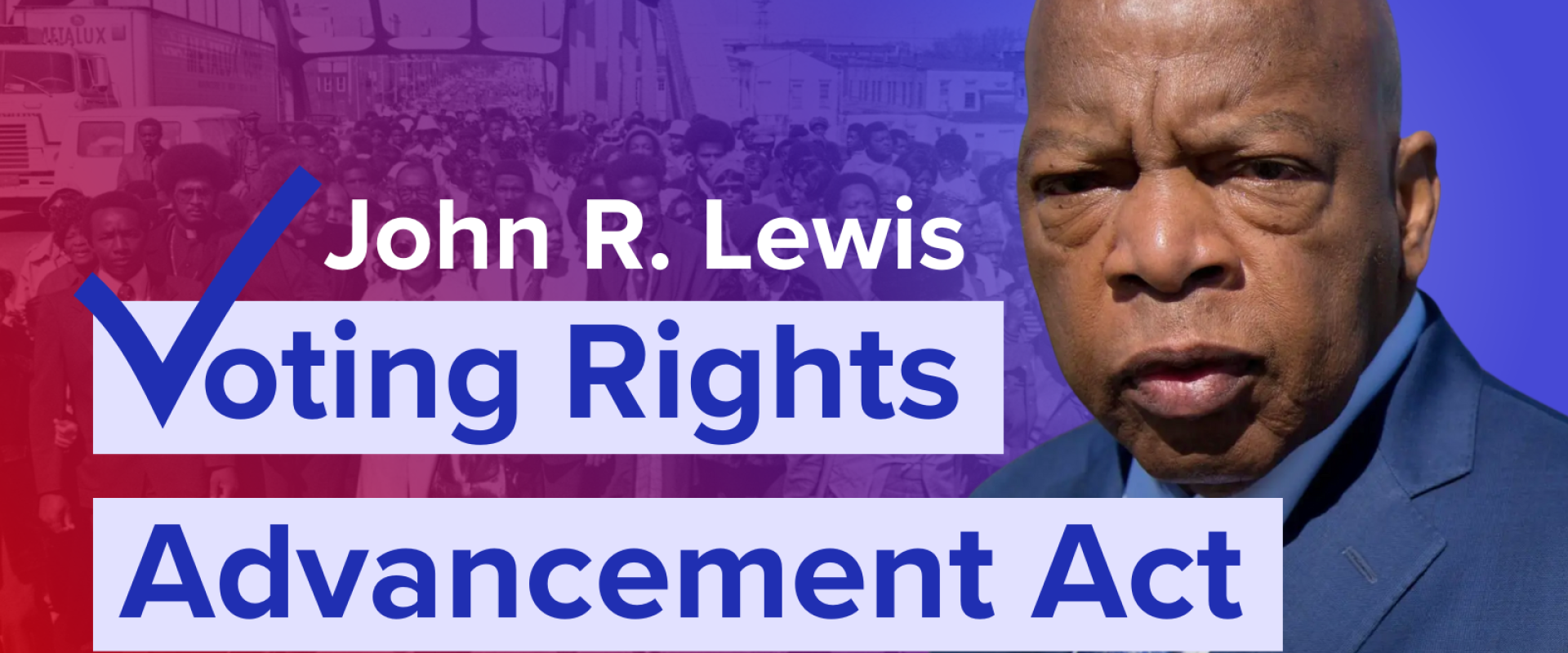Sherman & Colleagues to Introduce the John R. Lewis Voting Rights Advancement Act

Legislation would protect our democracy and safeguard the right to vote against attacks by MAGA extremists
Washington, D.C.– On September 19th, National Voter Registration Day, Congressman Brad Sherman (CA-32-D) joined every House Democrat in introducing H.R. 14, the John R. Lewis Voting Rights Advancement Act. The bill would protect the right to vote and safeguard our democracy by restoring andmodernizing the full protections of the Voting Rights Act of 1965 (VRA).
"The great John Lewis called the right to vote precious, almost sacred," said Congressman Sherman. "Today, I was proud to join my House Democratic colleagues to introduce the John Lewis Voting Rights Advancement Act to protect the right to vote against extremists working to silence our voices."
Ten years ago, the Supreme Court gutted the VRA and unleasheda wave of discriminatory state laws targetingvoters and restricting voting access. By restoring the VRA's authority, the John R. Lewis Voting Rights Advancement Act would prevent such laws from taking effect in states and localities with a recent historyof voter discrimination.
For decades, the Voting Rights Act of 1965 (VRA) prevented states and localities with a historyof voter discrimination from restricting voting access by requiring such jurisdictions topreclear new election laws with the Department of Justice or a U.S. District Court. However, in its disastrous 2013 decision in Shelby County v. Holder, the Supreme Court gutted the law andstruck down the formula used to determine which jurisdictions are subject to federal oversight. In July 2021, the Court further weakened the law in its decision in Brnovich v. DNC, making it more difficult to challenge discriminatory voting laws under Section 2.
In the decade since the Supreme Court gutted the VRA, state legislators have advanced hundreds of new restrictive, discriminatory voting laws targeting minorities, young adults, andthe elderly. Among other restrictions, these laws have closed polling stations, curbed early voting and voting by mail, imposed strict identification requirements, limited multi-lingual voting materials, and made it harder to register to vote. In 2023, state legislators passed anear-record number of new restrictive voting laws, according to the Brennan Center for Justice.
###